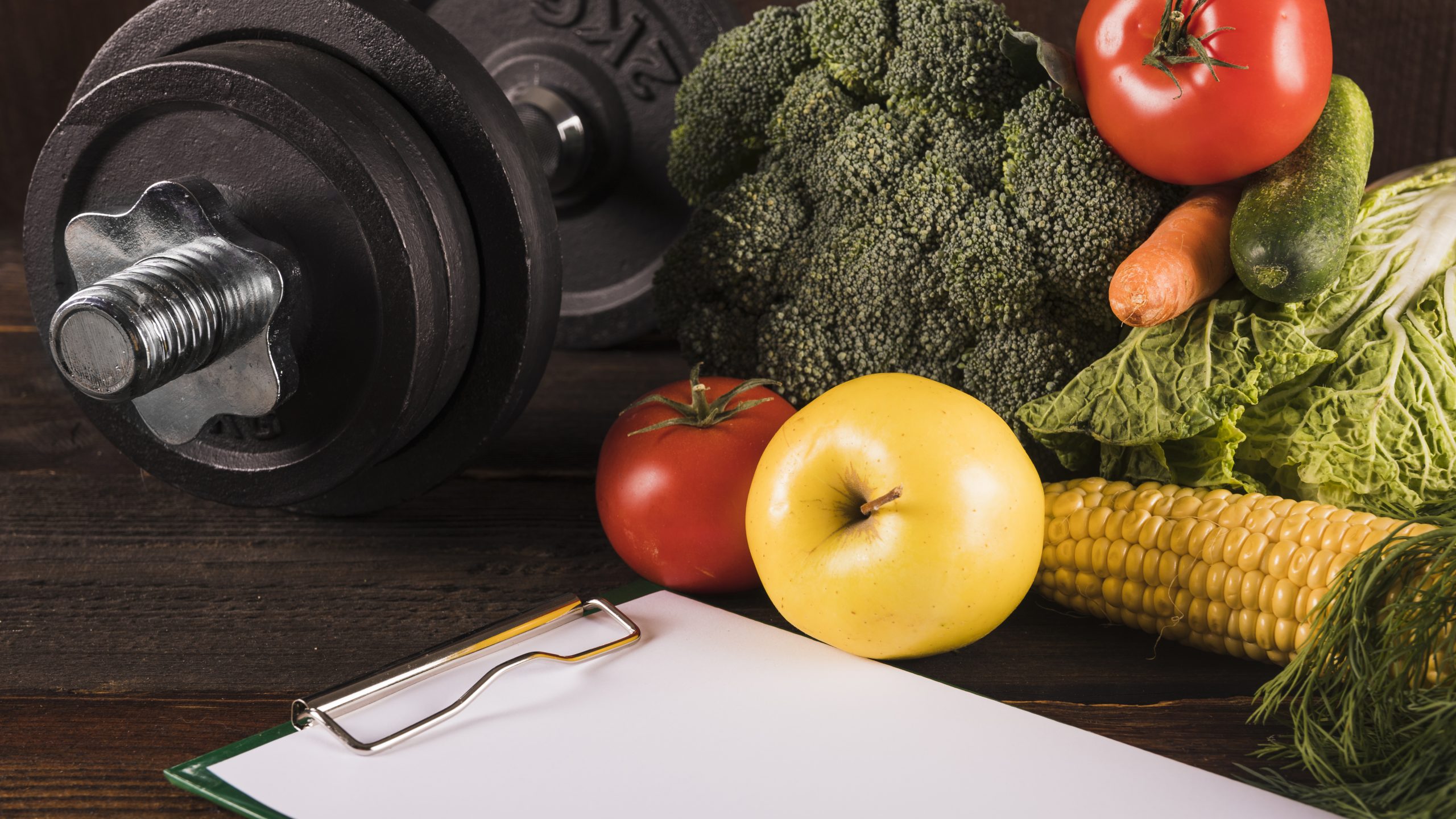The significance of nutrition in athletic performance is profound and often underestimated. It’s the engine that powers the rigorous demands of workouts and competitions, aids in recovery, and is a key factor in achieving optimal performance. For those engaged in amateur sports, grasping the fundamentals of sports nutrition can lead to remarkable improvements in both performance and overall health. It’s not just about eating the right foods, but also about understanding the timing and balance of nutrients to fuel your body effectively.
Balancing Macronutrients: The Trio of Carbohydrates, Proteins, and Fats
Understanding macronutrients is the first step towards mastering sports nutrition. Carbohydrates, proteins, and fats each play a unique role in supporting an athlete’s performance and recovery. The balance of these macronutrients in an athlete’s diet can significantly impact their energy levels, muscle growth and repair, and overall athletic performance.
Understanding Your Training Needs
| Training Intensity | Carbohydrates (g/kg body weight) | Protein (g/kg body weight) | Fat (% of daily calories) |
|---|---|---|---|
| Moderate (2-3 hours daily, 5-6 times weekly) | 5-8 | 1.2-2 | 20-35 |
| High Volume (3-6 hours daily, 5-6 times weekly) | 8-10 | 1.7-2.2 | Up to 50 |
This chart offers a general framework for macronutrient consumption based on training intensity and duration. However, it’s important to remember that individual needs may differ, so consulting with a professional dietitian or sports nutrition expert is advisable for personalized advice.
Carbohydrates: Energizing Your Performance
Carbohydrates act as the main energy source for athletes, particularly during high-intensity and prolonged activities. They provide sufficient glycogen and blood sugar to meet the energy demands of exercise. For those engaged in moderate to intense training, 5–8 g/kg of body weight of carbohydrates daily is recommended. Healthy sources include whole grains like brown rice, quinoa, and oats, as well as starchy vegetables like potatoes.
Proteins: Muscle Maintenance and Growth
Proteins are vital for muscle building and repair. They provide the body with essential amino acids that are the building blocks of muscle tissue. Intense training may require more than double the typical daily protein intake. Lean meats, fish, eggs, dairy, beans, nuts, and soy products like tofu are excellent sources of protein.
Fats: Supporting Vital Functions
Fats play a crucial role in hormone regulation and brain function. They also provide a concentrated energy source for athletes with high energy needs. Healthy fats can be found in oily fish, olive oil, avocados, nuts, and seeds.
Staying Hydrated: A Critical Aspect of Performance
Proper hydration is essential for peak performance. It aids in maintaining body temperature, lubricating joints, and transporting nutrients throughout the body. Losing 2% or more of body weight through sweating can significantly hinder performance. Options like sports drinks and milk can be beneficial for hydration.
Customizing Nutrition for Your Sport
Different sports require unique nutritional strategies. Strength athletes, for example, may need carbohydrates and protein before and after exercise, while endurance athletes might focus on carbohydrates with a touch of protein before their activity.
A Glimpse into an Athlete’s Daily Diet
Here is an example of what an athlete might eat in a day to meet their nutritional needs:
- Breakfast: Scrambled eggs with salmon, sautéed spinach, and whole grain bread.
- Lunch: Chicken or tofu stir-fry with brown rice, mixed vegetables, and a sprinkle of cheese.
- Dinner: Roasted sweet potato with turkey chili, accompanied by a salad of watercress, peppers, and avocado, dressed with olive oil and hemp seeds.
- Snacks: Various options like hummus with carrot sticks and pita, fruit smoothies with protein powder, whole grain crackers with cheese or tuna, yogurt with berries and nuts, or fruit with nut butter.
In summary, understanding and applying these nutritional strategies can empower amateur athletes to boost their performance, accelerate recovery, and reach their athletic aspirations. The path to athletic excellence is not solely about rigorous training but also about nourishing the body effectively. It’s about understanding the synergy between training and nutrition, and how they work together to create the optimal conditions for athletic success. With the right nutritional knowledge, amateur athletes can take their performance to new heights.




